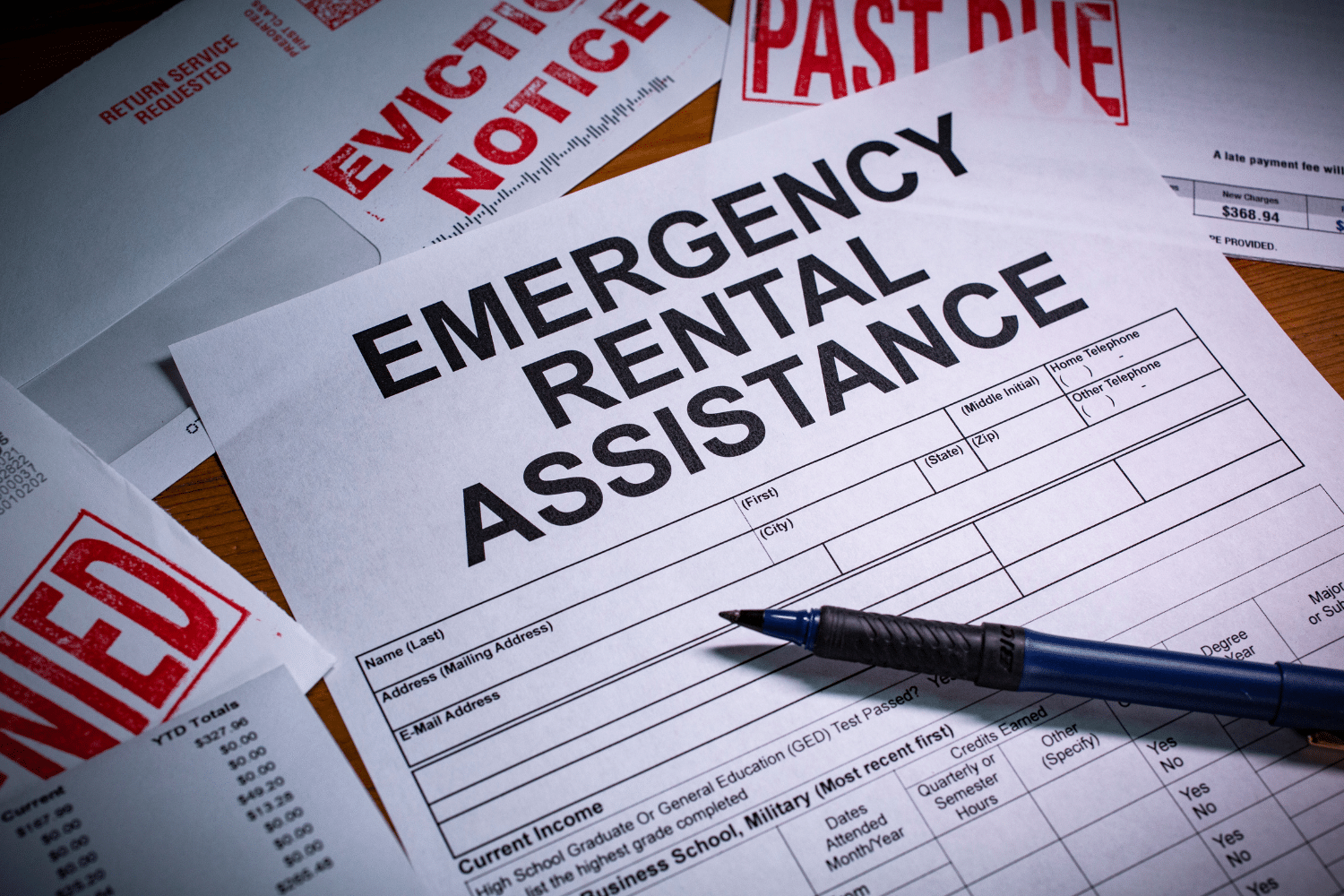If you’ve suffered a work-related injury or are facing illness due to job conditions, you’re likely asking, ‘What workers compensation benefits am I entitled to, and how can I access them?’ Workers’ compensation benefits serve as a crucial lifeline, offering wage replacement, medical care, and support in times of need. This article outlines the essentials—from types of benefits to the claim process—providing you with the knowledge to navigate the system confidently.
Key Takeaways
- Workers’ compensation provides wage replacement, medical treatment, and financial support for those injured on the job, with various benefits depending on the severity and permanence of the injury.
- Eligibility for workers’ compensation hinges on employment status, the work-related nature of the injury, and adherence to reporting requirements, but there are exceptions that may disqualify certain injuries from coverage.
- Filing a workers’ compensation claim involves a meticulous process with stringent documentation and deadlines, and in case of denial, the right to appeal with the possibility of requiring legal assistance.
Understanding Workers’ Compensation Benefits

Navigating through the choppy waters of a work-related injury or illness can be daunting. Yet, with workers’ compensation benefits, including cash benefits paid, there’s a beacon of hope on the horizon. Workers compensation programs provide a safety net that catches you with wage replacement, medical treatment, and financial support when a workplace mishap throws you off course.
Wage Replacement
Imagine your income taking a nosedive just because you’re unable to work due to an injury. That’s where wage replacement steps in, cushioning the blow to your finances. After a waiting period of a mere seven days, workers’ compensation ensures you’re not left high and dry, providing a percentage of your lost wages to keep the ship afloat.
The amount is a calculated two-thirds of the difference in wages, ensuring you can maintain your standard of living while on the mend.
Medical Treatment
No one should have to walk the plank of financial ruin due to mounting medical bills. Workers’ compensation insurance offers a lifeline, covering 100% of medical expenses related to your work injury or illness. From doctor visits to x-rays and therapy, you’re covered for the necessary and reasonable treatments to help you recover and reclaim your position on deck.
Financial Support
There’s more to workers’ compensation than just covering your immediate bills. It’s a sturdy mast that keeps you stable, providing financial support for those choppy seas when you need time away from work due to injury or illness.
Whether it’s vocational rehabilitation or supplemental income for disabilities, workers’ compensation insurance is there to ensure you don’t get marooned on an island of debt.
Types of Workers’ Compensation Benefits

Sailing the workers’ compensation sea involves understanding the different types of benefits that act as navigational aids. These include:
- Medical care for your immediate injuries
- Temporary disability when the injuries prevent you from working
- Permanent disability if the injury’s effects are long-lasting
- Job displacement if you need retraining
- Death benefits to support your family if the worst should happen.
Temporary Total Disability
Temporary total disability benefits are like a temporary anchor, providing stability while you recover. They:
- Replace the wages you lose while you’re unable to work
- Are based on a formula that considers your gross income and any additional earnings
- Ensure you’re not left adrift financially.
Payments continue until you’re able to return to work or reach maximum medical improvement, safeguarding your financial wellbeing and providing medical benefits during your recovery period.
Permanent Partial Disability
When an injury leaves a lasting mark on your ability to work, permanent partial disability benefits come into play. They’re the compensation for the long-term effects of your injury, calculated based on the extent of your impairment and its impact on your earning capacity. Permanent disability benefits, on the other hand, are provided when the injury results in a complete inability to work.
It’s the support you need to adjust your sails and continue on your journey.
Death Benefits
In the tragic event of a worker’s death due to a workplace injury, death benefits serve as a financial lifeboat for the dependents left behind. These benefits cover burial expenses and provide ongoing support payments, ensuring the worker’s family is not left in uncharted waters.
Eligibility for Workers’ Compensation

To chart a course for workers’ compensation benefits, you must be eligible—and eligibility hinges on several key factors: your employment status, the nature of your injury, and meeting reporting requirements.
Employment Status
Your employment status is the compass that points toward eligibility. Most full-time and part-time workers are covered, but there are nuances based on your role and the specific provisions for different types of employment.
Type of Injury
The type of injury is the map that guides your eligibility. Workers’ compensation covers a range of injuries, including:
- Sprains
- Strains
- Fractures
- Burns
- Cuts and lacerations
- Back and neck injuries
- Repetitive stress injuries
These injuries must be correlated with your work duties or environment. Showing this link is crucial, and injuries in company-maintained areas like parking lots may also be eligible.
Reporting Requirements
Reporting requirements are the signals you must send to begin your journey to benefits. Promptly notifying your employer and filing the claim form within set deadlines are critical actions to take to avoid being marooned without coverage.
Filing a Workers’ Compensation Claim

Embarking on the claim-filing voyage requires preparation and attention to detail. The journey starts with reporting the injury and continues with navigating through the necessary documentation and deadlines.
Documentation
Your ship’s cargo must include thorough documentation. Visiting physicians versed in the workers’ compensation process ensures your medical records are in shipshape, supporting your claim effectively.
Deadlines
Timelines are the tides that can either advance or hinder your journey. Each state sets its own deadlines for reporting injuries and filing claims, so it’s crucial to navigate these waters carefully to ensure your claim isn’t capsized.
Denied Claims
If your claim hits rocky shores and is denied, you have the right to appeal. This part of the voyage may require a seasoned crew—namely, a workers’ compensation attorney—to help steer through the legal storm.
Workers’ Compensation Coverage Exceptions

Not all injuries qualify for the safe harbor of workers’ compensation. Certain exceptions act as barriers to coverage, leaving some injured worker to navigate troubled waters on their own.
Self-Inflicted Injuries
Intentionally self-inflicted injuries are like deliberately setting your ship ablaze—workers’ compensation won’t cover the damage. However, if the injury was accidental, even though self-inflicted, there may still be room to claim benefits.
Drug or Alcohol Influence
Sailing under the influence of drugs or alcohol is a sure way to find yourself outside the coverage of workers’ compensation. Straying from company policy by being under the influence can leave you without a life vest.
Outside Scope of Employment
Injuries occurring outside the realm of your employment duties, or during off-hours, are like drifting into uncharted waters where workers’ compensation doesn’t reach.
Navigating the Workers’ Compensation System
The journey through the workers’ compensation system can be as complex as navigating the open sea, but with the right compass points, you can reach your destination.
Insurance Company Communication
Charting a course for successful communication with insurance companies demands:
- Promptness
- Precision
- Providing detailed records
- Maintaining an open channel with the insurer
Like a captain negotiating a safe passage, you’ll need to follow these steps to ensure a smooth process.
Seeking Medical Care
Selecting a healthcare provider is like choosing the right crew for your ship—go for those who know the waters of workers’ compensation well. Ensuring they’re authorized by the Workers’ Compensation Board is like having the right charts and navigation tools at hand.
Understanding State Laws
The legal framework of workers compensation law is as varied as the ports of call around the globe. Every state has its own set of laws, so understanding the local regulations is key to a smooth voyage.
The Role of a Workers’ Compensation Attorney
In the complex seas of workers’ compensation, a knowledgeable attorney is like a seasoned navigator guiding you through the fog and treacherous currents.
Understanding Rights
An attorney is your lookout, spotting the rights and benefits on the horizon that you’re entitled to. They ensure you know when to act, especially if your claim is contested.
Maximizing Benefits
Maximizing your benefits is like ensuring your ship is fully loaded with provisions for the journey. An attorney will help you calculate the correct amount of compensation and ensure all foreseeable needs are accounted for.
Navigating the Legal System
Your attorney will captain your case through the legal system, from hearings to potential trials, making sure your claim doesn’t run aground.
Summary
As we dock at the end of our journey, remember that workers’ compensation is the lifeline that keeps you afloat when work-related injuries or illnesses storm your life. With the right knowledge and possibly legal guidance, you can navigate these waters and reach the safe haven of recovery and compensation.
Frequently Asked Questions
Workers’ compensation covers wage replacement, medical treatment, and financial support for employees with work-related injuries or illnesses. It provides assistance for both the employee and the employer in case of such incidents.
You should file a workers’ compensation claim within one to three years from the injury date or discovery of the work-related illness, depending on your state’s regulations. It is important to adhere to the specific deadlines for reporting the injury to your employer.
No, you should seek treatment from healthcare providers authorized by the Workers’ Compensation Board for a work-related injury. Inform them that the injury is work-related.
If your workers’ compensation claim is denied, you have the right to appeal the decision with legal representation to help navigate the process and present your case effectively.
Most work-related injuries are covered by workers’ compensation, but there are exceptions for self-inflicted injuries, injuries under the influence, and those outside the scope of employment.








